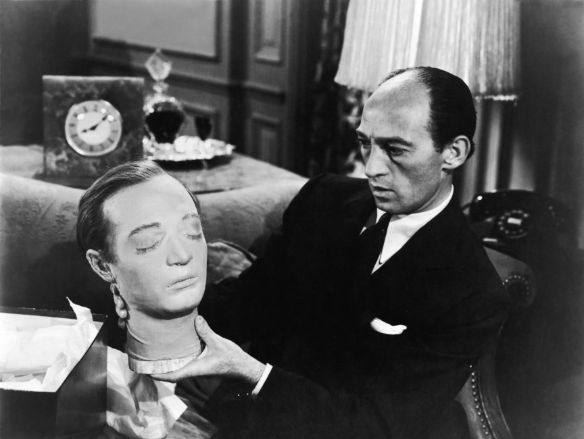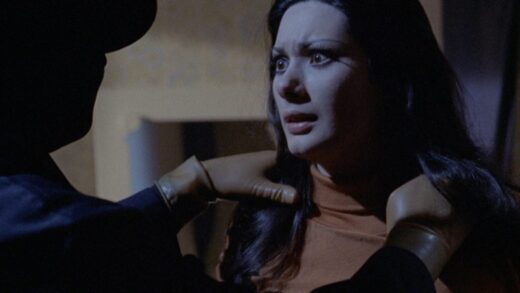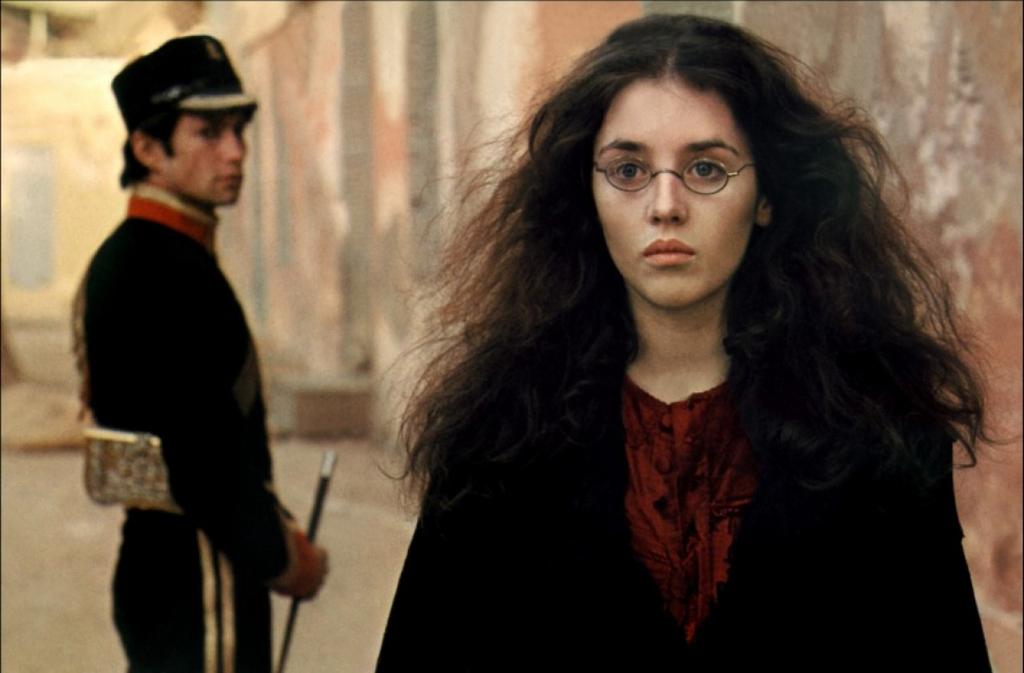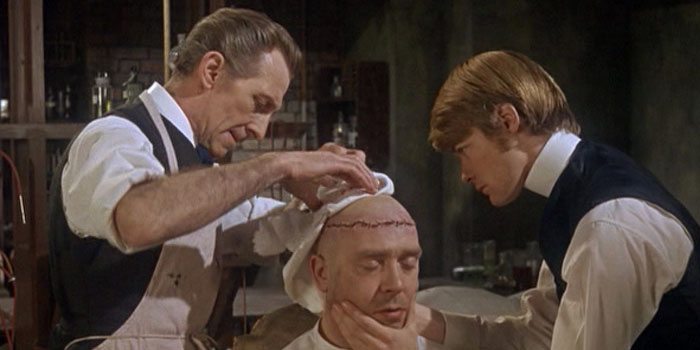The Face Behind the Mask (1941)
![]()
The Face Behind the Mask (1941) Directed by Robert Florey
Robert Florey’s pessimistic vision of American romanticism is not consistently successful – there is more style than content – but the personal empiricism devours the story with such cynical realism that this grim narrative never ceases to be powerful for what it is: an abrasive deconstruction of the American dream. Peter Lorre plays Janos, a Hungarian immigrant with a sanguine attitude expecting a world of opportunity when he sets foot on American soil, but after a hellish fire at the hotel where he was staying, his face is burned off, leaving him with no discernible human facial features. Looking for a job is now hopeless; the prejudices of society and ignorance condemn him to be a marginalized man; a villain engendered by modern society.
The parallels are sublime and the metaphors perpetually poetic. Robert Florey, one of the great unsung European avant-gardists working in the Hollywood studio system, helms this gloomy tale of shattered dreams with unsparing intensity and claustrophobic expressionism, with no room for hope or redemption. The simplest and most physical gestures, such as the mask Janos wears to hide his disfigured face, become figurative expressions of the poor but optimistic immigrant’s experience colliding with stark social realism. Florey and Lorre, both European immigrants settled in the United States, are best qualified to lend verisimilitude to the experience and tangibility to the alienation. The film never manages to effectively nurture the nihilistic juggernaut it purports to be – the initial tenebrous atmosphere differs with the dovish luminosity of an awkward romance – yet it remains steadfastly on course toward a fatal destiny impossible to circumvent even with the most dignified and righteous of decisions.






